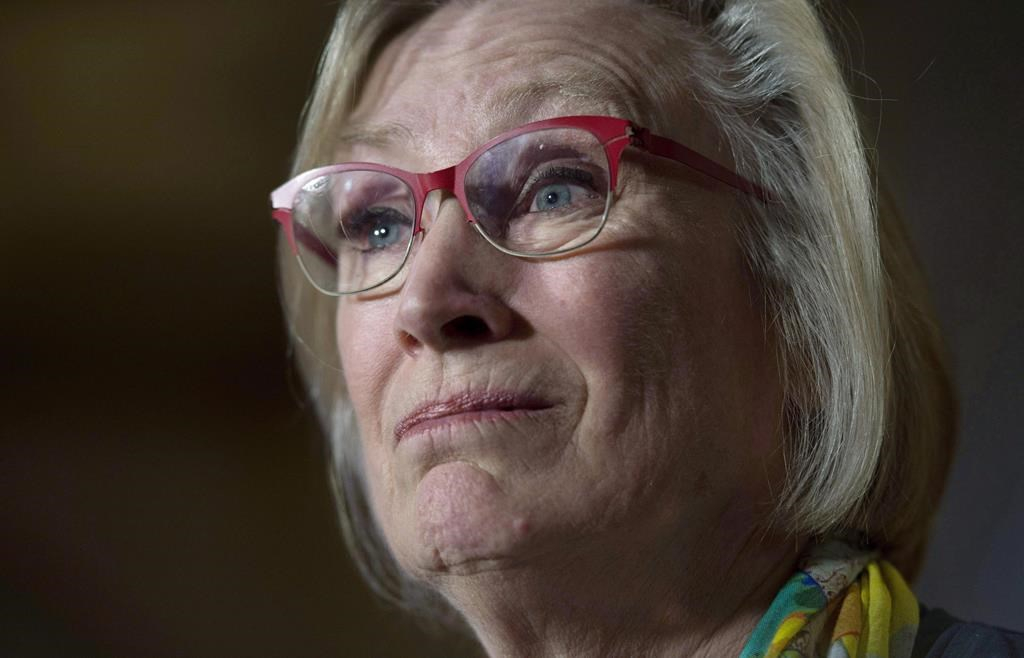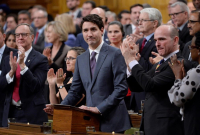Support strong Canadian climate journalism for 2025
Grand Chief Wilton Littlechild, a former Truth and Reconciliation Commission member, will chair a temporary body tasked by the Trudeau government with setting up a new reconciliation council.
Littlechild, a former member of Parliament and residential school survivor, was announced by the government on Thursday as the chair of the interim board of directors for the National Council for Reconciliation.
“It’s about being accountable as a country for the unfinished business of confederation, and ensuring that we continue truth telling and progress on decolonization," Crown-Indigenous Relations Minister Carolyn Bennett said about the council, at a Dec. 14 press conference on Parliament Hill.
"It will be our conscience.”
The TRC envisioned an "independent, national, oversight body" called the National Council for Reconciliation to act as a kind of reconciliation watchdog, holding governments and Canadian society to account on reconciliation goals, monitoring and reporting on progress, educating the public and promoting dialogue. It also called for the endowment of a National Reconciliation Trust.
Five other members will join Littlechild. They are:
- Max FineDay, co-executive director of Indigenous and non-Indigenous youth group Canadian Roots Exchange;
- Clint Davis, chair of the board of directors for the Nunatsiavut Group of Companies in Labrador;
- Mike DeGagné, Nipissing University's president;
- Jean Teillet, the Métis Nation Lawyers Association's founding president; and
- Edith Cloutier, president of the Regroupement des Centres d’amitié autochtones du Québec.

Littlechild, who hails from Maskawacis Cree Territory of Treaty No. 6, is credited with bringing the World Indigenous Nations Games to Alberta this summer. He said Thursday he looked forward to working with the others on the interim board. He was one of two commissioners on the TRC, chaired by Murray Sinclair, now a senator.
“They all bring a great deal of experience from different perspectives and are representative of our country,” he said.
Thursday’s announcement comes on the eve of the second-year anniversary of the TRC’s final report. It also comes almost exactly a year after Prime Minister Justin Trudeau first announced he would be setting up the interim board of directors to make recommendations on the council’s creation.
The Liberals first committed to establishing a National Council for Reconciliation a year and a half before that, in July 2015, soon after the TRC’s 94 calls to action were released but before the federal election campaign.
The board is expected to engage with stakeholders over the next six months, Bennett said, and will recommend options for the establishment of the council and the trust.
The government maintains that it is moving forward with implementing the TRC’s calls to action and with reconciliation. The waters aren’t entirely calm, however.
Last month, Sinclair, said he was alone in pressing the government to fix a “racist” proclamation in Canada’s constitution, while Indigenous leaders complained they weren't involved in the development of a guiding principles document for public servants released this summer.






Comments